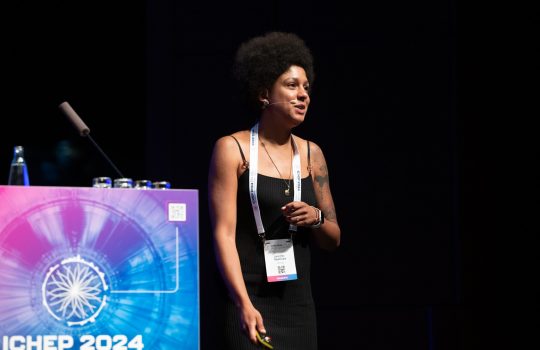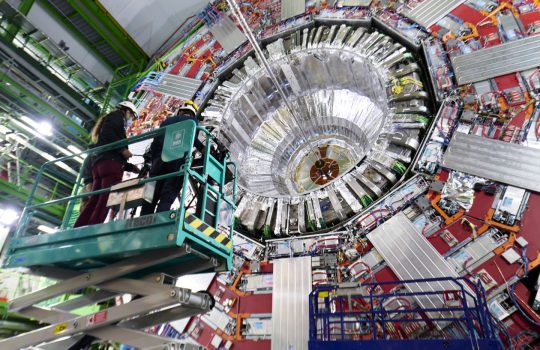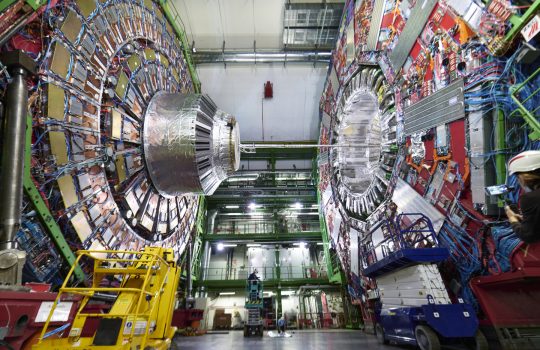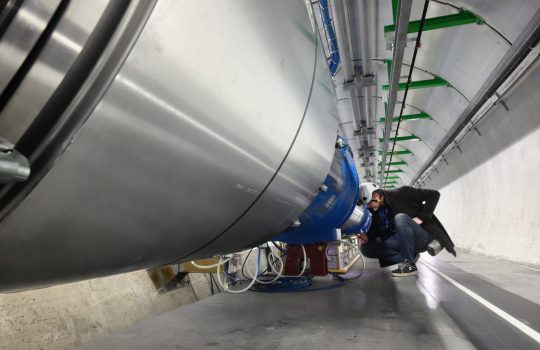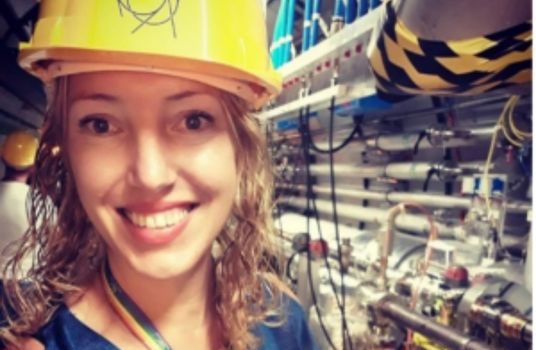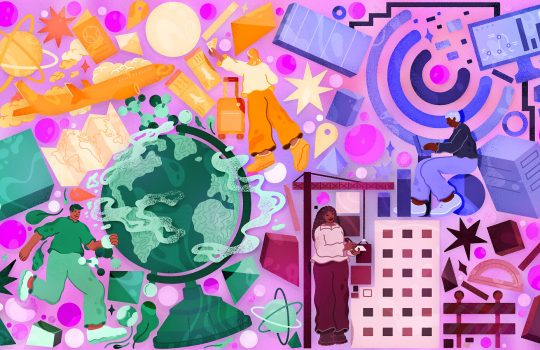Fermilab Fellow Jennifer Ngadiuba receives Early Career Scientist Prize in Particle Physics
During a ceremony at ICHEP, Ngadiuba’s contributions to ultra-fast machine learning techniques and anomaly detection were recognized by the International Union of Pure and Applied Physics.

